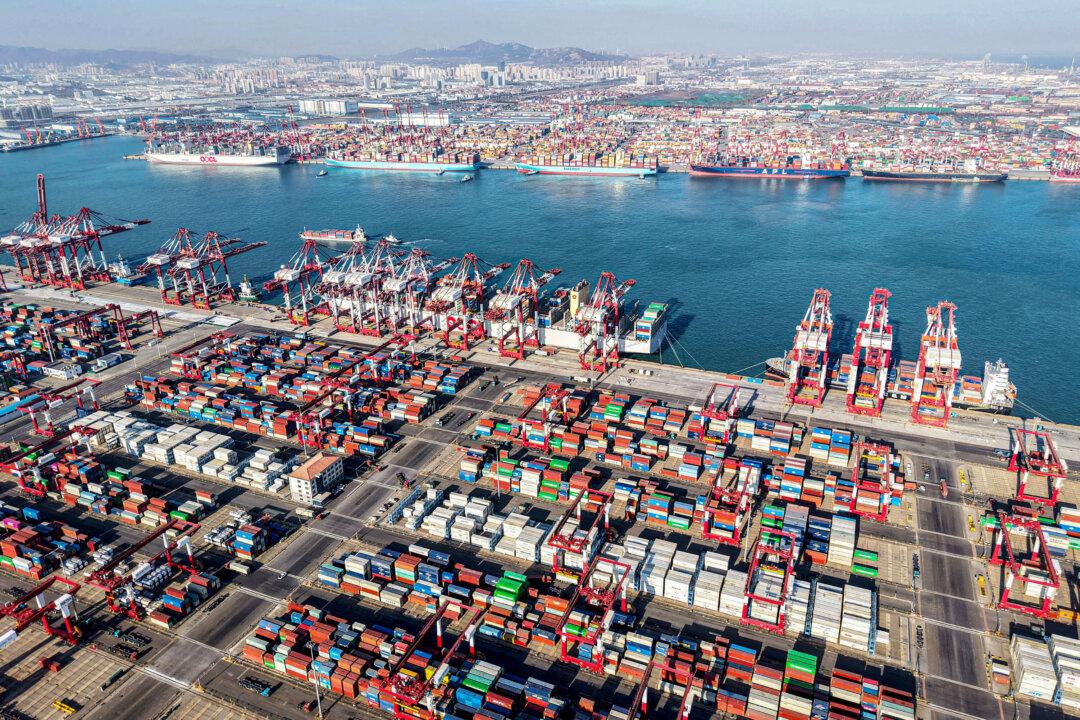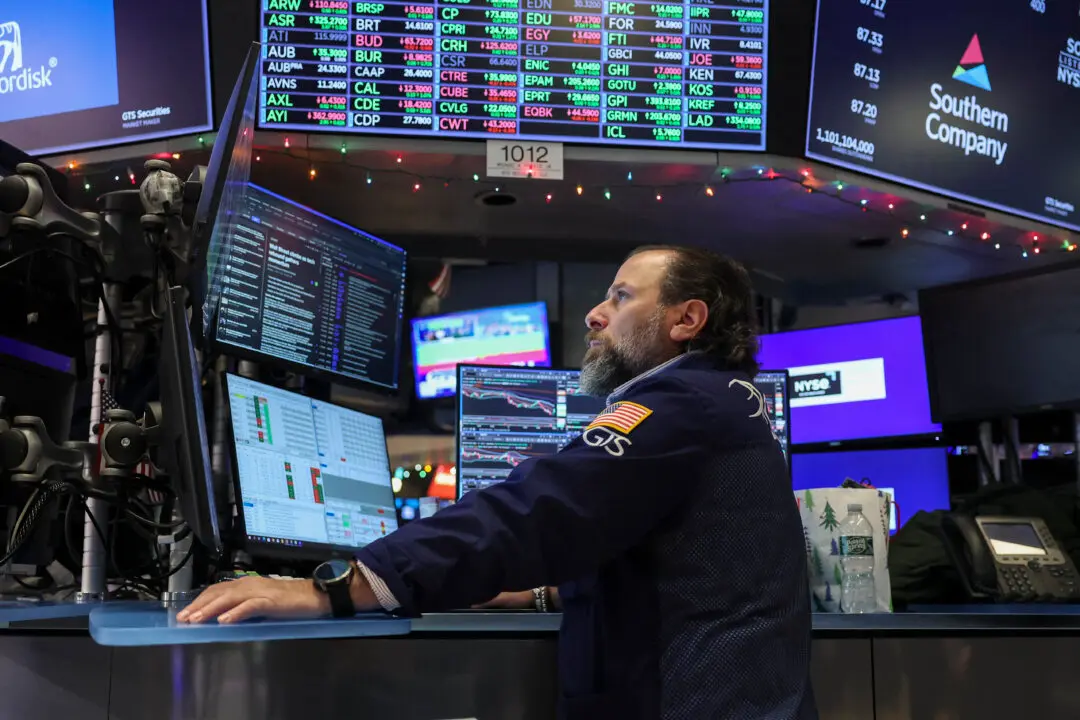The 10 percent tariffs ordered by President Donald Trump on all goods imported from China went into effect on Tuesday, with Beijing responding with counter-tariffs on the same day.
The new levies on China are in addition to those imposed by Trump during his first administration, which range from 10 percent to 25 percent for various goods.





